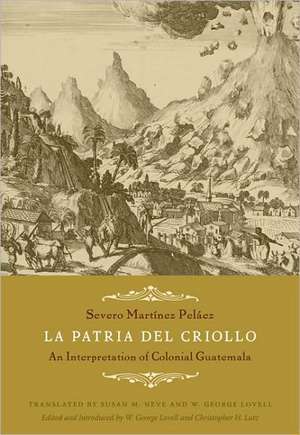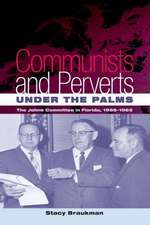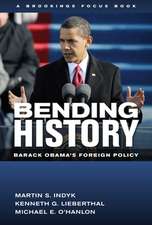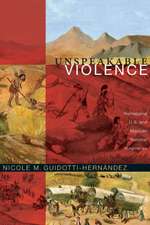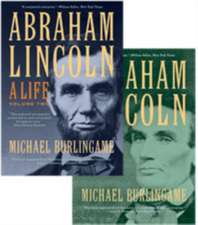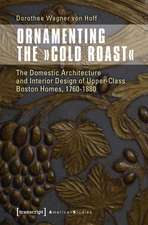La Patria del Criollo – An Interpretation of Colonial Guatemala
Autor Severo Martínez Peláez, W. George Lovell, Christopher H. Lutz, Susan M. Neveen Limba Engleză Paperback – 14 mai 2009
Preț: 239.12 lei
Nou
45.77€ • 49.73$ • 38.47£
Carte tipărită la comandă
Livrare economică 21 aprilie-05 mai
Specificații
ISBN-10: 0822344157
Pagini: 384
Dimensiuni: 156 x 226 x 15 mm
Greutate: 0.52 kg
Editura: MD – Duke University Press
Recenzii
Textul de pe ultima copertă
Notă biografică
Severo Martínez Peláez (1925–1998) is recognized as one of Central America’s most distinguished men of letters. The Association of Guatemalan Journalists awarded him the Quetzal de Oro for La Patria del Criollo. Susan M. Neve, a translator specializing in Spanish language and literature, teaches at City University and the University of Westminster in London. W. George Lovell is Professor of Geography at Queen’s University in Canada, and Visiting Lecturer in Latin American History at the Universidad Pablo de Olavide in Spain. Christopher H. Lutz is cofounder of Centro de Investigaciones Regionales de Mesoamérica in Antigua, Guatemala, and of the Maya Educational Foundation in Wellfleet, Massachusetts. He is Managing Director of Plumsock Mesoamerican Studies, also based in Wellfleet.
Cuprins
Introduction xiii
Chronology of Events xlvii
Preamble 1
1. Criollos 7
2. Two Spains (1) 27
3. Two Spains (2) 54
4. Land of Miracles 75
5. Indians 114
6. Race Mixture and the Middle Strata 148
7. Class Dynamics and the Middle Strata 193
8. Life in Indian Towns 225
9. The Colonial Legacy 274
Glossary 301
Bibliography 309
Index 313
